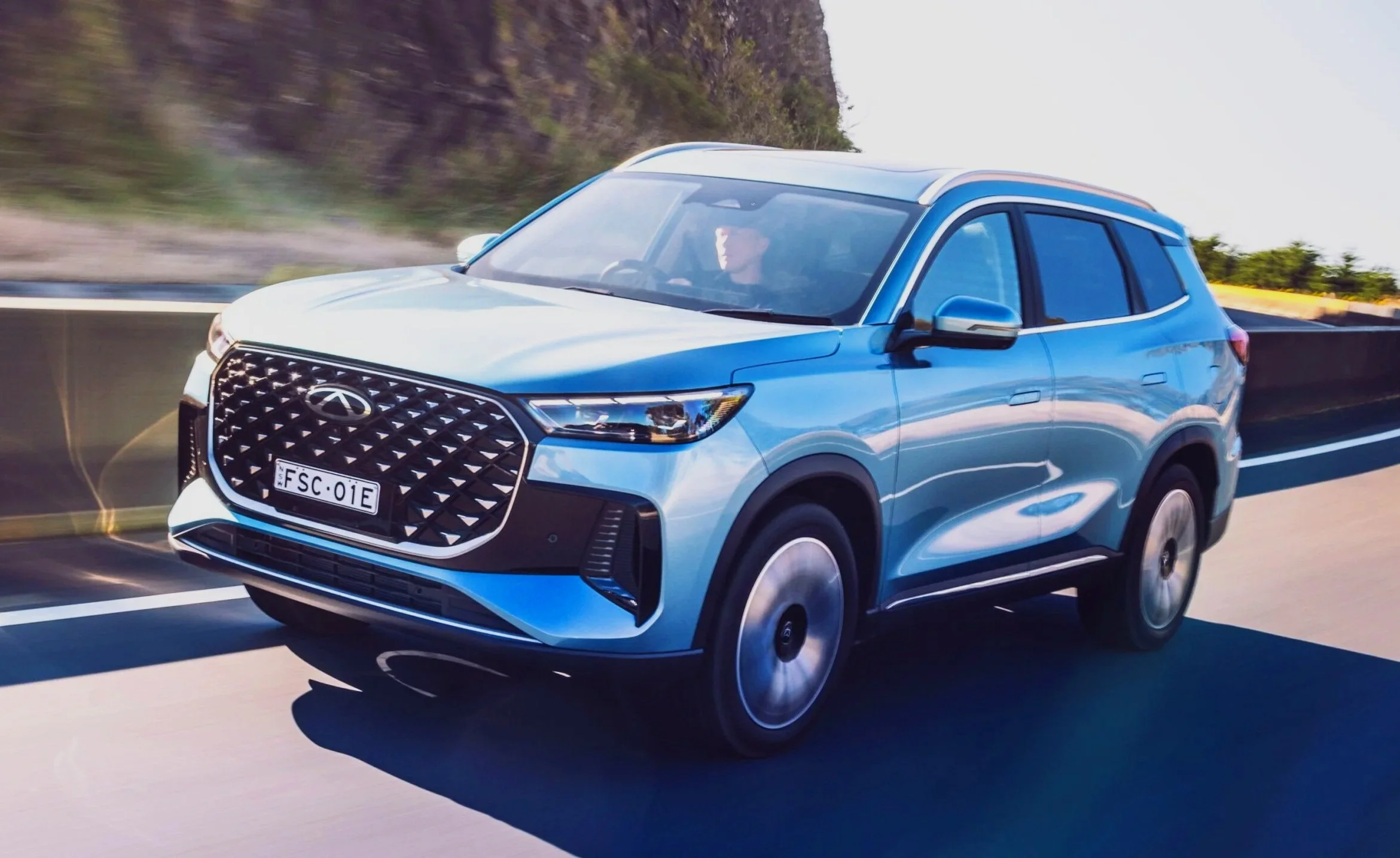The energy cost of petrol production (aka gasoline)
QUESTION
Hi John,
ICE lovers are quick to point out that EVs require electricity from coal fuelled power stations.
A very long time ago, I read that it takes six barrels of oil to produce one barrel of fuel. Could you enlighten us? How much energy is needed to produce a litre of fuel at the bowser?
Should we shut down our power stations and install a 10kva diesel powered generator at every household?
Thanks
Dave Gatter
Download the PODCAST of this report.
ANSWER
Hi Dave,
Lots of vested interests pertain to this ICE -versus- EV debate, and I’m kinda agnostic on that. Certainly, EVs reduce pollution across our cities causing impacts on human health, there’s no doubt about that.
In a country like Australia we are tremendously dependent on this fragile supply chain of liquid hydrocarbons from overseas (Singapore), with about two weeks’ strategic reserve. And it’s not just about being unable to go for a drive in your car, it’s about how groceries get to your supermarket or infrastructure gets delivered, or the mail couriered to your door, ambulances picking up injured people - literally the grease keeping our society going.
If push came to shove, we could supply ourselves with an endless supply of energy, but also, most politicians don’t understand energy security.
But, if you believe hydrocarbons are not the best thing to happen to humanity, you’re insane.
See, it’s been really hard being a human for the first two hundred thousand years. Hard to feed ourselves, hunting and gathering, back-breaking labour just to survive, all that dying in our 20s and 30s…
But now, look around. The only reason you’re not busting your arse in a field trying not to starve to death by hunting an animal perfectly designed to survive your feeble attempts to kill it, nor feverishly, desperately hoping to god something grows from the seeds you’ve planted - is because of hydrocarbons. Every single technological development in human history, pretty much, which has transformed our existence from incredible hardship, is due to hydrocarbons. Even your piece of shit Camry with a billion kilometres on the clock gives you greater mobility than a Roman emperor.
So, with that respectful backdrop, to Dave’s question.
A barrel of crude oil is about 159 litres (40 US gallons), half of which turns into petrol (gasoline), the other half becomes one-quarter diesel, and the other quarter bitumen, naphthalene, jet fuel, mineral oils, kerosene etc.
Starting with 159 litres you end up with about 160 litres of product, counter-intuitively enough. It’s a volumetric change called refinery gain.
The efficiency of a modern refinery is essentially 90 per cent efficient. So for every 11 litres of crude oil there’s about 10 litres of refined product.
Getting the crude out of the ground is fairly efficient now, but then you have to ship the crude to the refinery, from the refinery into the truck and distribute it to service stations. Good luck estimating that energy loss. But my research indicates it’s gonna be around another 10 per cent.
Shipping around the world is remarkably efficient now because you can move a vast quantity at once, with an efficiency of scale benefit. Bigger machines, more efficient.
The short answer, there’s about an 80 per cent efficiency from the well to the bowser. So, about a 20 per cent loss. But before you EV-evangelists jump on the anti-oil bandwagon, screaming from the rooftops… You need to acknowledge the facts.
Inefficiency of processes is fundamental to all processes. You always lose something on the way through, thanks to the second law of thermodynamics.
Every time you process something, you lose energy. Coal: mine it, transport it, burn it, pump it, build infrastructure to carry the electricity across the nation. You lose energy every time you do that.
Making hydrogen: catalytically steam-reform methane into hydrogen for transport, you’re better off burning the methane. If you want to invest in photovoltaic arrays to electrolyse water into hydrogen, then yeah, that’s a solution, because the arrays will last a long time and cost of electricity will be amortised over time, and ultimately you have a clean sustainable fuel that will never run out when you put it in a fuel cell stack and product electricity and pure water. Repeat the process without end.
Every process has an efficiency cost. Internal combustion or EV or fuel cell, it doesn’t matter. It’s easy to stand on a soapbox and shout about filthy hydrocarbons, pro-EVs and hydrogen.
But the reality is, you cannot consumer your way to a solution. We need the biggest brains working on the problem of keeping eight billions alive and sustained into the future. (Otherwise we go back, don’t forget.)
These vested interests suggesting internal combustion is tantamount to being a devil worshipper doesn’t help. We need scientific literacy, perspective, and bi-lateral best intentions if you want to debate making the future the best it can be for our kids.






There’s plenty to like about the 7-seat Ford Everest for hardcore off-roading and heavy towing thanks to its big V6 diesel. But is it wise dropping up to $80K on Ford these days?